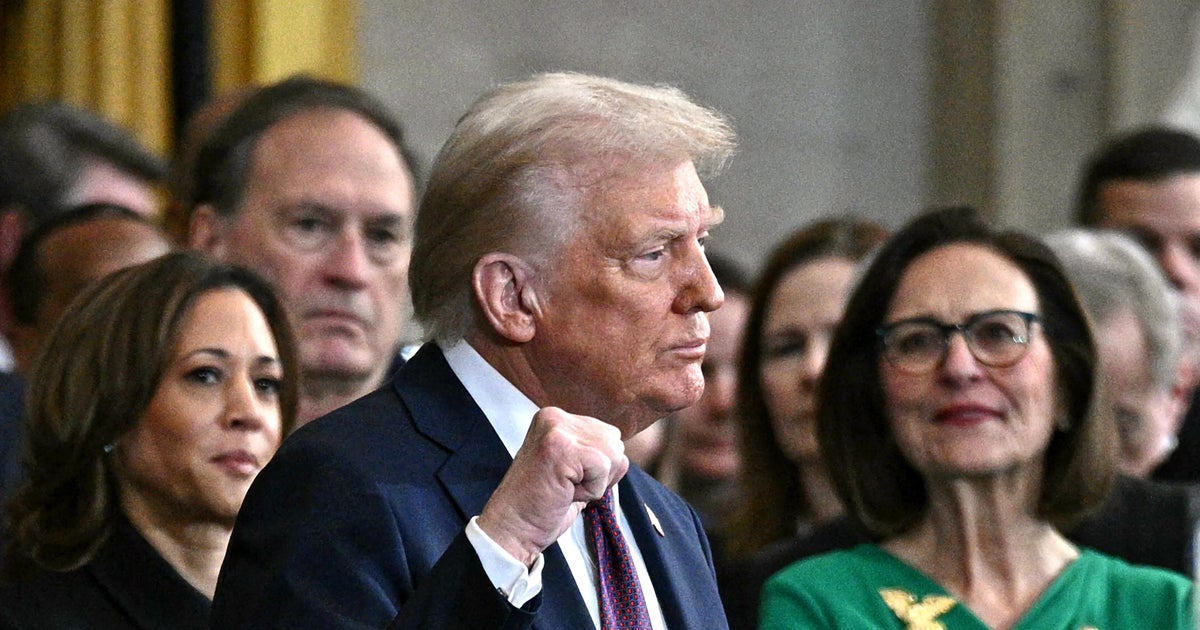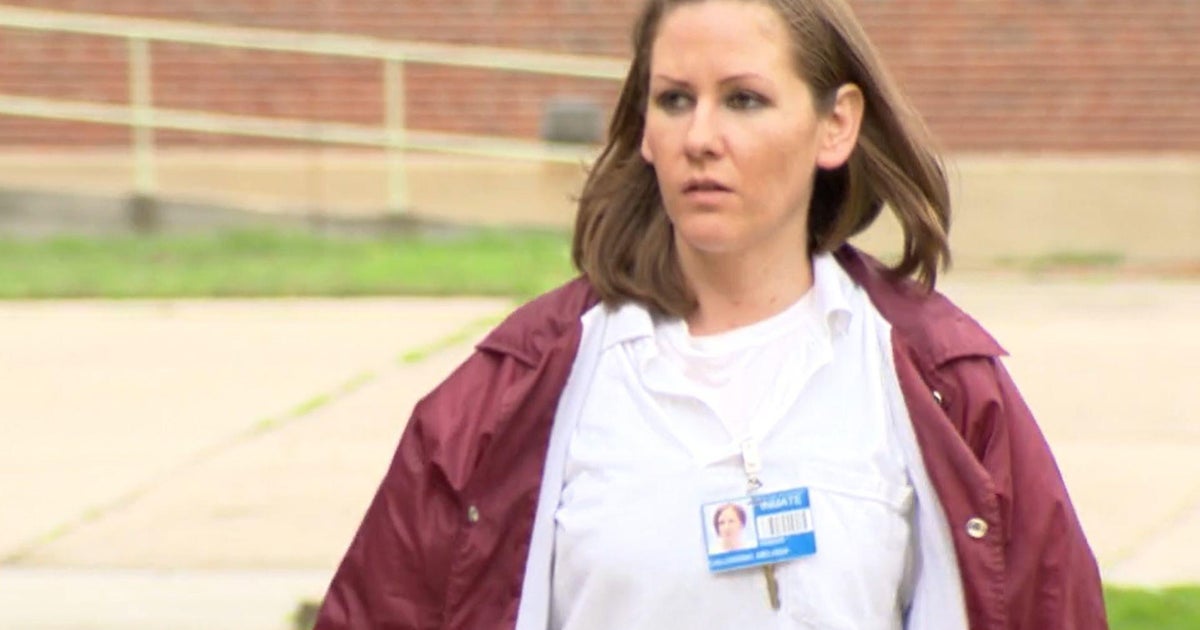For Japan's LGBTQ couples, Tokyo "partnership certificates" are a small step toward equal marriage rights
For a quarter-century, freelance writer Shinya Yamagata has enjoyed a loving and committed relationship with his partner, and the pair have long sought to tie the knot. But because Yamagata is Japanese, a wedding day seems as far off as ever.
As the couple approach their 60s, their anxiety is growing. Japan, Yamagata told CBS News, is no place to grow old for a gay couple.
"At all the important life stages, we are legally disadvantaged. For now, both of us are working and healthy," he said. "But if one of us has to go into the hospital, loses his job, has an accident, or dies, that's when our lives diverge starkly from those of married couples. Legally, we are regarded as total strangers, not spouses. So, we worry immensely about the future."
Yamagata, 57, welcomed this week's start of a new partnership certification system in the city of Tokyo, recognizing gay, non-binary and transgender couples and allowing them to apply for public housing and to access some public services.
A long-time gay rights activist, Yamagata helped steer the creation of a similar partnership scheme in his local Tokyo ward, Nakano, back in 2015. He said the new Tokyo system — allowing couples to discreetly register online — drew on the wisdom of existing partnership schemes set up in recent years in localities around the country.
With Tokyo's participation, two-thirds of the Japanese population now have access to partnership arrangements. As of November 4, the city of Tokyo said it had received 200 applications for partnership certificates from residents who live and or work in the capital, and it had approved 115. As of September 30, nearly 3,500 couples had registered nationwide.
But advocates say the partnership system's significance is strictly symbolic. For Yamagata, this week's move is less a milestone than a stepping stone on the long road to marriage equality.
"It's a move forward," Yamagata said, "not the goal."
Most other advanced nations have recognized marriage equality, with same-sex marriage now legal in 31 nations plus Taiwan, according to the Human Rights Campaign. But Japan's conservative-dominated legislature has hamstrung efforts to legalize marriage for sexual minorities, forcing advocates to seek incremental gains at the local level and through the courts, where results have been decidedly mixed.
While the Sapporo District Court last year ruled in favor of same-sex unions, finding the absence of marriage equality unconstitutional, an Osaka court last summer rebuffed that claim. A third ruling, from the Tokyo District Court, is due later this month.
In September, the Tokyo court ruled that American businessman Andrew High — who married his Japanese spouse Kohei in the U.S. seven years ago — was ineligible for the long-term residency visa available to straight Japanese-foreign couples, and even to gay couples who are both non-Japanese. In a concession, the court instead allowed High to remain in Japan on a "designated activities" residency — a shorter-term category dependent on maintaining employment.
While partnership certificates recognize the children of LGBTQ couples, only one spouse is legally registered as a parent. That effectively makes that spouse a single mom or dad, and they run the risk of a surviving partner losing custody in the event the other dies.
Partnership certificates are meant to reduce discrimination, but compliance depends on goodwill and the cooperation of landlords, medical practitioners and others. When a same-sex partner dies, the surviving partner may find themselves shut out of an inheritance that was built up together, or even barred from attending the loved one's funeral by hostile family members.
Ultra-conservative lobbying groups, like the shadowy Nippon Kaigi (Japanese Conference), have long worked to block progress on issues like allowing married couples to have separate surnames, in addition to legalizing same-sex marriage.
But they are increasingly, and drastically, out of step with modern Japanese society: Surveys by national broadcaster NHK, the Asahi daily newspaper and other organizations have found that more than half of Japanese now favor allowing sexual minorities the right to marry.
Among Japanese in their 20s-30s, the support rate is 80%.





